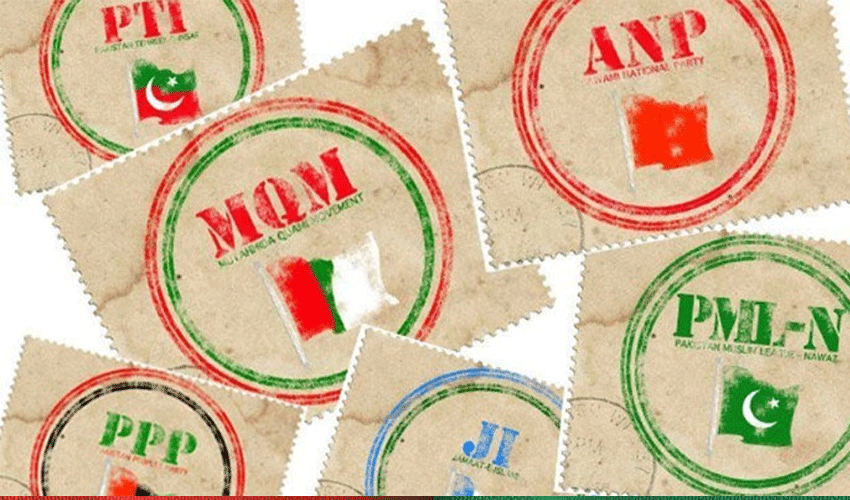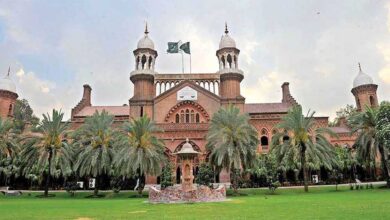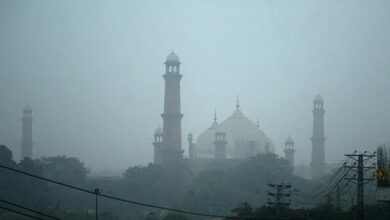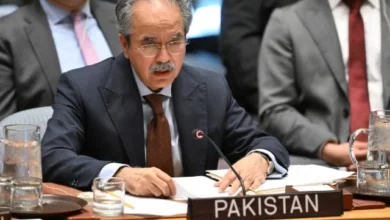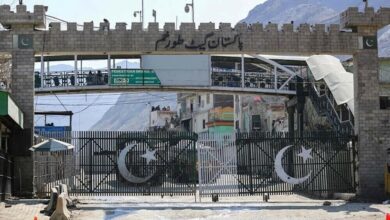A report by the Free and Fair Election Network (FAFEN) has revealed that nearly two-thirds of Pakistan’s political parties lack a functional web presence, despite increasing digital engagement and mandatory legal requirements.
The report, Assessing Web Presence of Political Parties in Pakistan, found that only 58 out of 166 registered political parties — roughly 35 per cent — maintain fully or partially operational websites.
Even among the 20 political parties currently represented in the National Assembly and/or provincial legislatures, just 14 (70pc) had websites that were at least partially functional. This digital shortfall comes in contrast to provisions under Section 208(4) of the Elections Act, 2017, which makes it mandatory for political parties to publish updated lists of their central office bearers and executive committee members on their websites.
Of the 58 parties with operational websites, only 40 (69pc) had published lists of their central office bearers. Even fewer — just six (10pc) — had disclosed their executive committee members, the report noted.
FAFEN pointed out that while many parties maintain active social media profiles, these platforms are not a suitable substitute for structured information. “The short-lived and algorithm-driven nature of social media feeds makes them inadequate for the purpose of transparency and accessibility of information,” the report stated.
JI leads in digital transparency
The assessment found that political parties with parliamentary representation generally maintained more content-rich websites. Among them, Jamaat-e-Islami (JI) stood out by providing 18 of the 30 categories of information assessed by FAFEN.
Pakistan Tehreek-e-Insaf (PTI) followed with 15, though its website is currently blocked in Pakistan and only accessible via virtual private networks (VPNs). The Pakistan Peoples Party Parliamentarians (PPPP) scored 12, Pakistan Muslim League-Nawaz (PML-N) 11, and the Awami National Party (ANP) 9.
Other notable scores included Haq Do Tehreek Balochistan (HDT) and Muttahida Qaumi Movement-Pakistan (MQM-P) with 8 each; Sunni Ittehad Council and Pashtoonkhwa Milli Awami Party (PkMAP) with 7; Tehreek-e-Labbaik Pakistan (TLP) and Jamiat Ulama-e-Islam Pakistan (JUIP) with 6; Majlis Wahdatul Muslimeen (MWM) 5; Balochistan Awami Party (BAP) 4; and Pakistan Muslim League-Quaid (PML-Q) with 1.
Among parties without parliamentary representation, the highest score — 13 — was recorded by Pakistan Tehreek Shadbad (PTS).
Lack of financial transparency
The report underlined a major gap in financial transparency, as only one party had published a consolidated financial statement — a requirement under Section 210(1) of the Elections Act. Likewise, only one website disclosed the statements of assets and liabilities of party office bearers.
Though 88pc of functioning websites included aims and objectives — as required under Section 201(1)(a) — and 83pc listed contact details for at least one office, only 38pc of parties shared their constitutions online. Furthermore, a mere 12pc uploaded updated election manifestos outlining promises for General Elections 2024.
No party had uploaded information regarding their elected general councils — which are required to meet annually under Section 207(2) — nor were procedures for the selection of candidates for elective offices (Section 206) made available on any platform.
FAFEN also noted that information on key legal requirements, such as the method of electing office bearers, rules for suspension or expulsion of members, tenures, and prohibition on foreign donations, appeared on only one website each.



